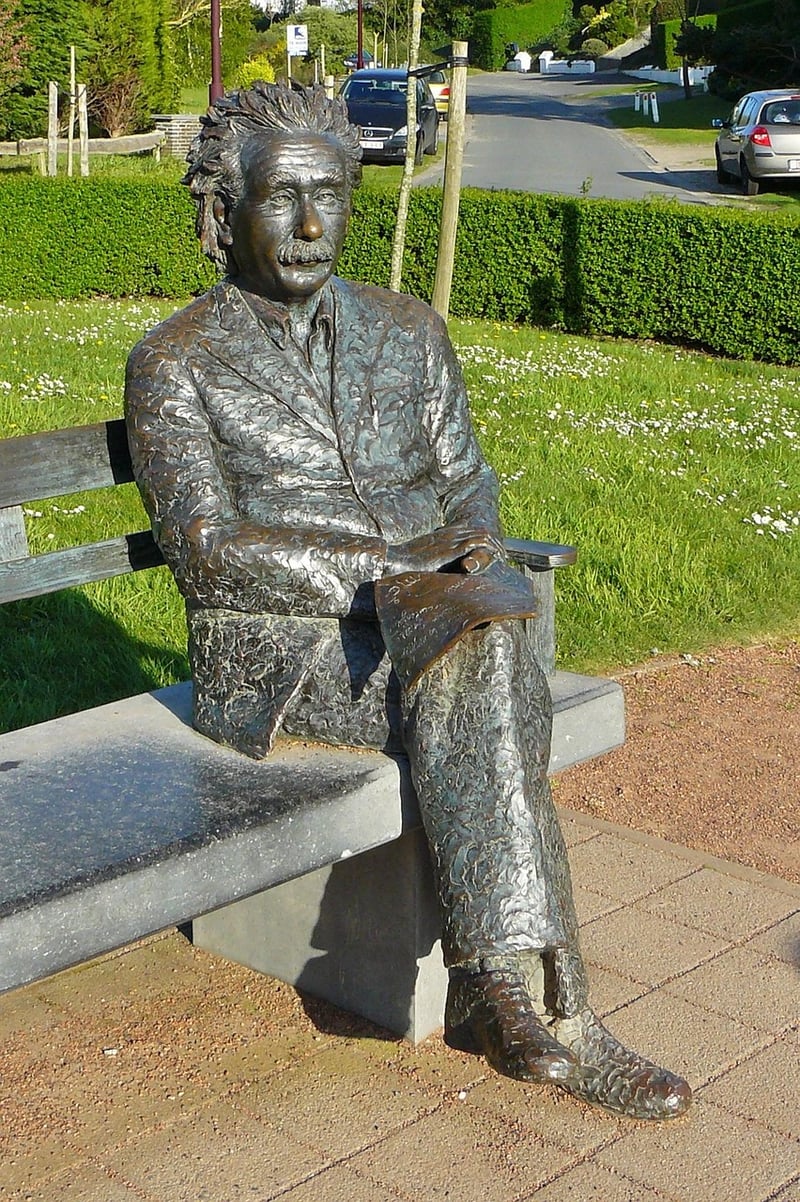Einstein's Theory
Understanding Time in Space Travel and Einstein's Theory
Space travel has always been a fascinating subject, with the concept of time playing a crucial role in our understanding of the universe. Albert Einstein's Theory of Relativity, particularly the ideas of time dilation and space-time, has revolutionized our comprehension of time in the context of space exploration.
Time Dilation
One of the key concepts in Einstein's Theory of Relativity is time dilation. Time dilation occurs when time passes at different rates for observers in different conditions, especially when they are moving at speeds close to the speed of light. This phenomenon implies that time can be stretched or compressed depending on the observer's relative motion.
For example, imagine a scenario where one astronaut embarks on a space journey traveling at a significant fraction of the speed of light, while another astronaut remains on Earth. Due to the difference in velocity, time will appear to pass slower for the traveling astronaut compared to the one on Earth. This effect becomes more pronounced as the speed of travel approaches the speed of light.
Space-Time Continuum
Another crucial aspect of Einstein's Theory of Relativity is the concept of space-time continuum. According to this theory, space and time are not separate entities but are interconnected to form a four-dimensional fabric known as space-time. This fabric can be warped by the presence of mass, leading to phenomena like gravity.
When objects with mass move through space-time, they create curves and distortions in this fabric, affecting the passage of time around them. This is why gravity, which is a manifestation of the curvature of space-time, can also influence the flow of time.
Implications for Space Travel
The understanding of time dilation and the space-time continuum has significant implications for space travel. Astronauts embarking on long-duration space missions or traveling at high speeds would experience time differently compared to individuals on Earth. This means that space travelers could age at a slower rate relative to their counterparts on our planet.
Moreover, the bending of space-time around massive celestial bodies like planets and stars can impact spacecraft trajectories and the perception of time for astronauts in their vicinity. Navigating through these gravitational fields requires precise calculations to ensure accurate positioning and timing during space missions.
Conclusion
Albert Einstein's Theory of Relativity has provided us with profound insights into the nature of time and space, especially in the context of space exploration. Understanding concepts like time dilation and the space-time continuum is crucial for developing advanced technologies and strategies for future space missions.
As we continue to push the boundaries of space travel and explore the mysteries of the cosmos, Einstein's groundbreaking theories will remain fundamental in shaping our understanding of the universe and our place within it.

Explore more about Einstein's Theory of Relativity and its impact on space travel here.
